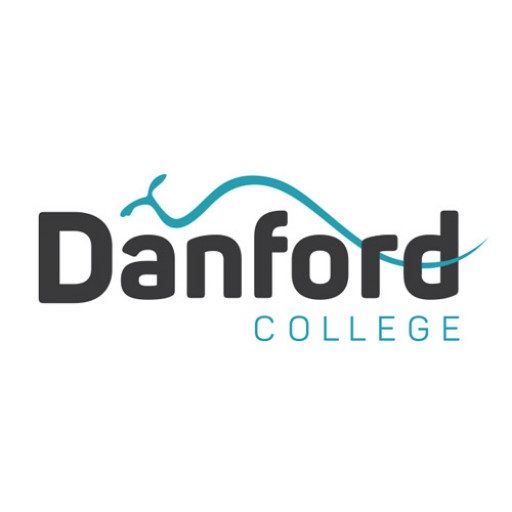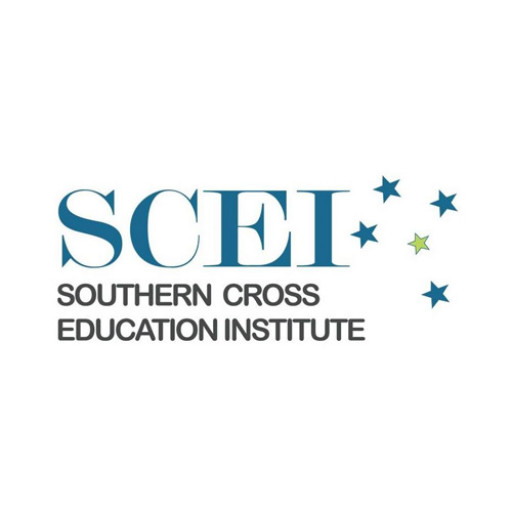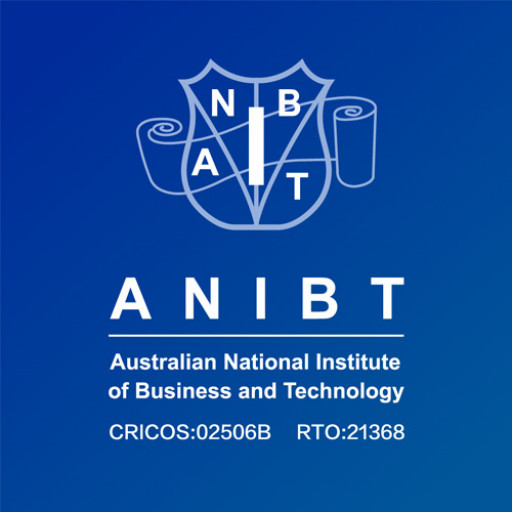The Project Management program offered by Chisholm Institute is designed to equip students with the essential skills and knowledge required to effectively plan, execute, and oversee a wide range of projects across various industries. This comprehensive course provides a solid foundation in the core principles of project management, including scope management, time management, cost control, quality assurance, risk management, and stakeholder engagement. Throughout the program, students will learn how to develop detailed project plans, allocate resources efficiently, and adapt to changing project requirements to ensure successful outcomes. The curriculum is aligned with industry standards such as the Project Management Institute (PMI) and incorporates practical training through real-world case studies and project simulations, enabling students to apply their learning in realistic scenarios. Students will also gain proficiency in using project management tools and software, enhancing their ability to manage complex projects collaboratively and efficiently. The program emphasizes the importance of communication, leadership, and team coordination, preparing graduates to assume project management roles in diverse organizational contexts. Whether aiming to pursue a career in construction, IT, business, healthcare, or other sectors, students will develop a versatile skill set that is highly valued in the job market. Upon completion, graduates will be well-equipped to coordinate projects effectively, manage teams, and deliver projects on time and within budget. Chisholm's Project Management program offers flexible learning options, including classroom and online delivery, to accommodate different students’ needs. This program is ideal for aspiring project managers, team leaders, and professionals seeking to enhance their project management capabilities. With experienced instructors, state-of-the-art facilities, and a focus on practical application, students are prepared for success in today’s competitive environment. Graduates of the program will be eligible for certification and further professional development opportunities in project management disciplines.
The Project Management program at Chisholm Institute is designed to equip students with comprehensive skills and knowledge necessary to plan, execute, and oversee a wide range of projects across various industries. This course provides a practical and industry-relevant curriculum that covers essential aspects of project management, including initiating, planning, executing, controlling, and closing projects effectively and efficiently. Students will learn how to develop detailed project plans, allocate resources, manage budgets, and coordinate teams to ensure successful project delivery.
Throughout the program, learners are introduced to key project management tools and methodologies such as Agile, Scrum, and Waterfall, enabling them to adapt their approach based on project requirements. Emphasis is given to communication and leadership skills, enabling future project managers to liaise confidently with stakeholders, clients, and team members. Additionally, the course explores risk management strategies, quality assurance, and ethical considerations in project management, preparing students to handle complex scenarios encountered in real-world projects.
The curriculum includes both theoretical foundations and practical applications, with opportunities for hands-on experience through case studies, group projects, and industry placements. Students will also develop critical problem-solving and decision-making skills essential for managing unpredictable project challenges. The program aims to foster an understanding of the importance of sustainability and innovation within project environments, aligning with current industry trends and standards.
Graduates of this program will be well-prepared for employment in diverse sectors such as construction, information technology, healthcare, manufacturing, and services industries. They will have the skills to work in roles such as project coordinator, project officer, or junior project manager, with pathways available for further professional development or advanced certifications in project management. With a focus on practical skills and industry relevance, the Chisholm Institute’s Project Management program prepares students to take on leadership roles and contribute effectively to organizational success in a competitive job market.
Program requirements for the Diploma of Project Management at Chisholm Institute, TAFE VIC, typically include a combination of prerequisites, core competencies, and demonstrations of practical skills. Applicants are generally expected to have completed Year 12 or an equivalent qualification to ensure foundational knowledge necessary for understanding complex project management concepts. Prior industry experience in areas related to business, administration, or coordination may be considered as an alternative to formal academic prerequisites. The program emphasizes practical learning through a mix of classroom instruction and hands-on projects, aiming to equip students with the ability to plan, execute, and oversee projects effectively within various industries.
Students must demonstrate proficiency in key areas such as communication, teamwork, problem-solving, and time management, which are critical for success in the project management field. Additionally, the program often requires students to undertake assessments that include written examinations, project reports, and presentations, validating their understanding of project scope, scheduling, budgeting, stakeholder engagement, and risk management.
To complete the Diploma of Project Management, students are typically mandated to complete a set number of elective and core units, totaling a specified number of hours of study and practical placement hours if applicable. Attendance and participation in classes, workshops, and simulated project exercises are compulsory to ensure practical competency. The program is designed to meet national qualification standards and prepare students for further study or entry into the workforce as capable project coordinators or assistants. Some pathways may require students to undertake a Capstone project, demonstrating comprehensive application of learned skills in a real-world scenario. Moreover, language proficiency requirements are usually specified, with non-native English speakers needing to demonstrate adequate language skills to participate actively and complete assessments successfully.
The financing options for the Project Management program at Chisholm Institute, TAFE VIC, encompass a variety of funding pathways designed to accommodate diverse student needs and circumstances. Eligible domestic students may access government-funded tuition subsidies through the Vocational Education and Training (VET) Entitlement program, which significantly reduces the cost of enrollment. These subsidies are available for students who meet specific criteria, including Australian or New Zealand citizenship, residency status, and prior education participation, promoting equitable access to quality education. For eligible students, the financial burden is minimized, enabling broader participation in accreditation and skill development courses relevant to project management.
For students who do not qualify for government assistance, Chisholm Institute offers flexible payment options including upfront payment, payment plans, and fee deferrals. These options are designed to ease the financial pressure and allow students to manage their investments in education efficiently. Additionally, students can opt for VET Student Loans, a government loan scheme that provides upfront funding for tuition fees, which students repay through their income after graduation, thus spreading the financial impact over time. To be eligible, students must meet certain criteria such as being enrolled in approved diploma programs and meeting residency requirements.
Chisholm Institute also provides information about external scholarships, grants, and financial assistance programs that can support students enrolled in the Project Management program. These opportunities are often based on academic merit, financial need, or specific demographic criteria, and can significantly offset the costs associated with study, books, and materials. Additionally, industry partnerships and employer support programs sometimes offer financial aid or subsidies for employees undertaking further education to enhance their skills and career prospects.
International students seeking to enroll in the Project Management program are responsible for full tuition fee payment, with costs varying depending on the level of study and specific course requirements. They may explore external loans or scholarships, although internal funding options are generally limited for this cohort. The institute provides guidance and resources to assist with understanding the financial obligations and available support mechanisms.
Chisholm Institute emphasizes transparent communication regarding fees, payment schedules, and financial aid options during the admission process. Students are encouraged to access the institute’s financial advising services to plan their study financing effectively. Overall, the funding landscape for the Project Management program is designed to facilitate accessible, affordable, and flexible investment in education, supporting students’ academic and professional development goals.
The Certificate IV in Project Management Practice at Chisholm Institute provides students with foundational skills and knowledge necessary to coordinate and oversee small to medium-scale projects within various industries. This program is designed to equip learners with practical tools to effectively plan, execute, and evaluate projects, ensuring they meet set objectives within budget and time constraints. The curriculum covers a broad range of topics, including project scope management, stakeholder engagement, risk assessment, project scheduling, budgeting, and communication strategies. Students are also introduced to essential project management methodologies and software tools used in the industry, preparing them for real-world scenarios.
Throughout the course, emphasis is placed on developing strong organizational and leadership skills, enabling students to coordinate project teams and efficiently manage resources. The program incorporates both theoretical learning and hands-on practical exercises, such as simulations and case studies, to reinforce learning outcomes. Additionally, students gain insight into the legal and ethical considerations relevant to project management, including compliance requirements and professional conduct standards.
Graduates of this program are well-prepared to enter the workforce as project coordinators, project administrators, or assistant project managers across various sectors, including construction, IT, health, and community services. The qualification also serves as a pathway to further study in project management or related fields. The program aligns with industry standards and incorporates current best practices to ensure graduates are workplace-ready. Entry requirements typically include a relevant prior qualification or relevant work experience, with pathways available for mature-aged learners or those transitioning from related careers. The course duration and delivery mode may vary, with options for part-time or full-time study to accommodate different learner needs. Overall, this program offers a comprehensive introduction to project management principles, preparing students to contribute effectively to organizational goals and project success stories.







